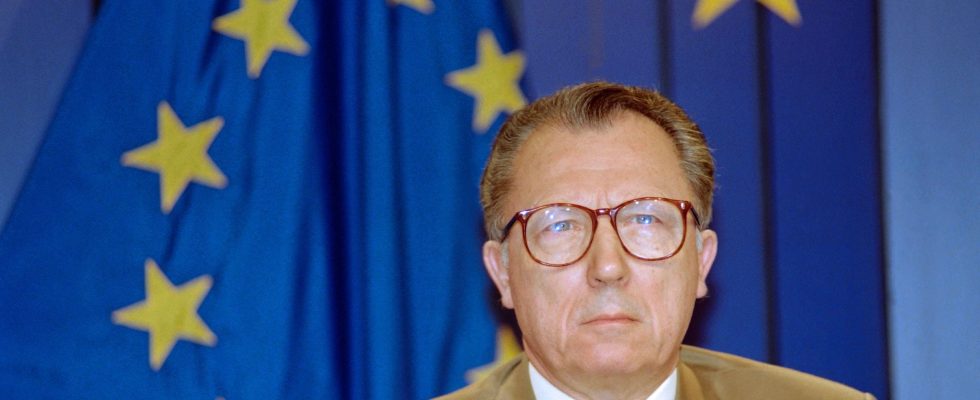The disappearance of Jacques Delors, Wednesday December 27, sent the French back to a time when they were still proud of their successes and their leaders. The man who was president of the European Commission for ten years embodied a France resolutely committed to the integration of the continent, the enlargement of the Community and the move towards the single currency. You could be a European leader by being popular.
It is true that he played an important role in the upheavals of the end of the Soviet empire, linking Germany and France in this ultimately peaceful fall, even though it could have still generated many conflicts.
For this he found convinced partners on both sides of the Rhine. He was always careful not to leave them alone in developing compromises which quickly became European law, protecting all member states, including the smallest and most deprived. It was his invention of regional policy that united Europe by redistributing wealth and making it concrete and visible for all citizens. Erasmus will have married a generation of students.
However, he moved forward resolutely. The Single European Act was an accelerator of growth, inspired by large industry, which gave the internal market all its strength. Today, all Member States, with the exception of Ireland, trade more with their European partners than with the outside world and these trades exceed 4,000 billion euros.
He showed the way to permanent dialogue
He laid the foundations of the euro, then considered the ultimate guarantee of the common European destiny. We would say that it was another era. It’s true. It was about constructing and building a common architecture for states that had long been divided. Today it is above all a question of reacting to the numerous and new challenges of an era of return to balance of power.
He showed a path, that of common decisions, even difficult ones, of long-term interest, but above all of permanent and close dialogue between government officials.
The French, who readily opposed each other on European issues, were proud of him; they appreciated him and would have propelled him to the Elysée, because they ultimately always choose European reason against the nationalist resurgence.
The ace ! He always refused to really delve into national politics.
This is perhaps the real reason for the good memories he leaves with his compatriots. It is shared outside our borders and its methods will remain examples of European governance.
